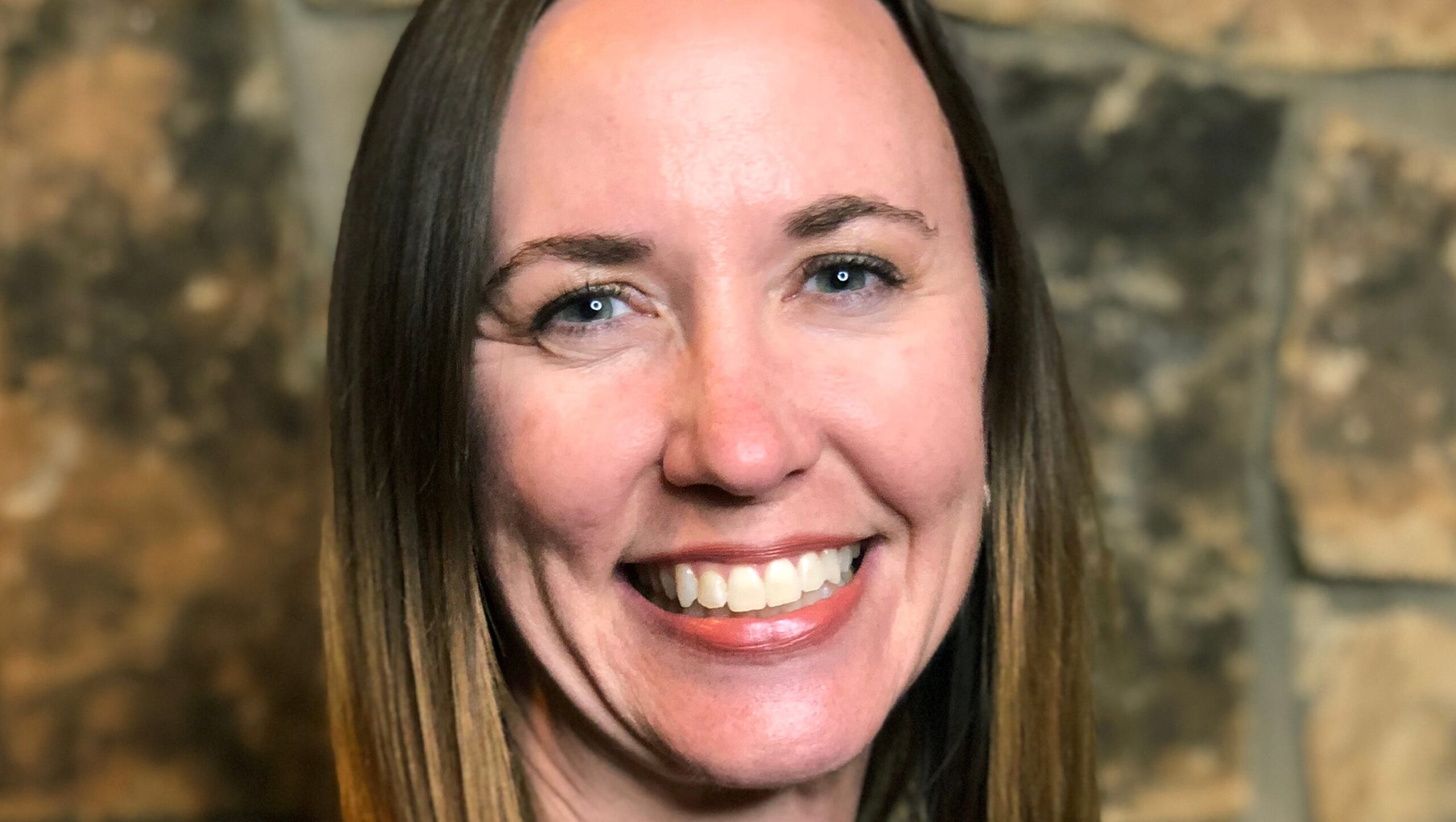
One of my roles as an extension educator is to bring current research to citizens of Ohio and especially here to Coshocton County. An area of consumer research that continues to grow is the role of financial education on financial well-being.
When researchers examine the factors that most influence a young person’s financial well-being, they typically look at knowledge and skills gained. This could be increasing financial vocabulary and gaining financial management skills such as budgeting. But there are also other factors that influence financial well-being besides what we know about finances and how we make financial decisions. One of those important influences is financial socialization.
Financial socialization can take place within the home as well as external to the home. For young people, these external influences can include peers, media and school. A 2023 study by Pak, Fan and Chatterjee at Sungkyunkwan University found young Korean adults who learned personal finance by observing their parents had higher financial well-being. Other factors played a role, but none of these had the same relationship as the influence of parents.
These researchers concluded “the path to financial well-being begins with experiential learning within a family context in early adulthood through improved financial behavior.” The concern of these researchers was closing the gap for young people who do not have the benefit of positive family-oriented financial socialization.
Another interesting recent study looked at the relationship between financial behaviors, government assistance and financial satisfaction. Lee, Hales and Kelley of the Department of Human Development and Family Studies at Utah State University examined how financial knowledge influenced the likelihood of receiving government assistance.
They site as of 2020, there were more than 70 different government assistance programs that provide money, food, housing, education or other services for low-income households in the United States.
Among these programs, Medicaid and the Supplemental Nutrition Assistance Program (SNAP) are two of the largest sources of government assistance.
As they analyzed data, they found while high subjective financial knowledge increased the likelihood of receiving government assistance, high levels of objective financial knowledge decreased the likelihood. Subjective knowledge was how individuals self-rated their own perceived financial knowledge of understanding topics like numeracy, inflation, bonds, mortgages, investments and compound interest in loans.
Previous research by Porto and Xiao in 2016 found approximately 11% of Americans are overconfident in their financial knowledge and capabilities. This overconfidence in financial knowledge likely contributes to their finding higher subjective knowledge increased the likelihood of receiving government assistance. They concluded there is a need for financial education programs to reach those who might perceive their financial knowledge as sufficient, but who are lacking in actual financial knowledge.
Both studies are a good reminder to us as parents and grandparents that it is important to teach the young people in our lives about personal finances. And that starts with modeling good financial behavior with our own saving, spending, investing and giving.
Remember this Tuesday is Giving Tuesday. This is a day of response to the spending and commercialism that tends to rule on Black Friday and Cyber Monday and, to a lesser extent, on Small Business Saturday. I hope you will choose to support a cause important to you.
Today I’ll leave you with this quote from Richelle E. Goodrich: “We try so hard to instruct our children in all the right things ― teaching good from bad, explaining choices and consequences ― when in reality most lessons are learned through observation and experience. Perhaps we’d be better off training our youth to be highly observant.”
Emily Marrison is an OSU Extension Family & Consumer Sciences Educator and may be reached at 740-622-2265.
